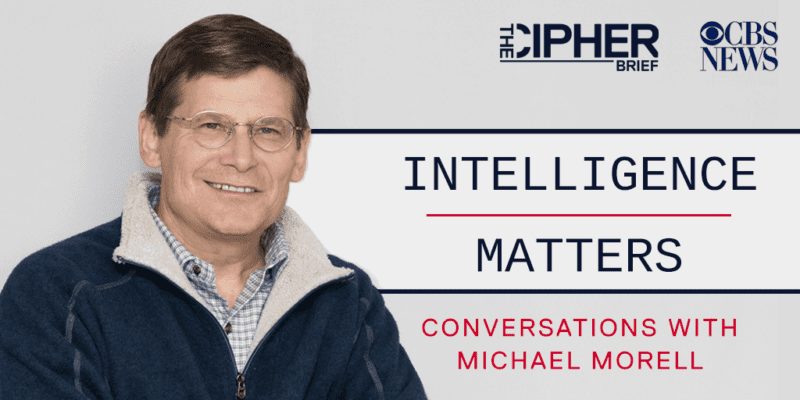
On Oct. 17, the former national intelligence manager for Iran at the Office of the Director of National Intelligence joined Michael Morell, CIA’s former acting director, for a discussion on his podcast, “Intelligence Matters.”
Having served in the CIA for 34 years, Norman Roule was appointed mission manager for Iran under the Obama administration. He was the point person who integrated the intelligence community’s efforts against the most difficult targets.
According to Roule, this position required three key jobs: integrating the community by pulling together resources; representing the analytic collection and enterprise capabilities; and working closely with policymakers to see the solutions through.
Throughout the podcast, Morell and Roule discuss the circumstances that impacted the relationship between Iran and the U.S. Primarily, the circumstances involved the enacting of sanctions against Iran for any nuclear development and the consequences. Because of those sanctions, Roule said Iran saw “depression-like numbers” prior to the JCPOA deal.
The conversation then shifted the JCPOA, more commonly known as the Iran Deal. Roule’s opinion is “any deal that reduces a rogue state’s capacity to develop a nuclear weapon, is a good deal.” Through this deal, Iran gained much-needed sanctions relief, as well as recognition of its right to enrich. Critics of the deal said the U.S. could have gotten more from this deal and that the deal did not address other issues with Iran. Roule addressed the latter by saying, “I personally did not believe that was achievable when these negotiations began.”
Every 90 days, the executive branch reviews whether Iran complies with the deal. According to Roule, this process involves evaluating if Iran is executing its JCPOA obligations and certifying that the deal is in the national security interest of the U.S. Roule believes JCPOA should stay in place and be strongly enforced.
“We have a series of regional issues that need to be addressed and if we don’t address them now, we’ll have great difficulty in addressing them in the future,” he said.
To listen to the entire podcast, click here.

